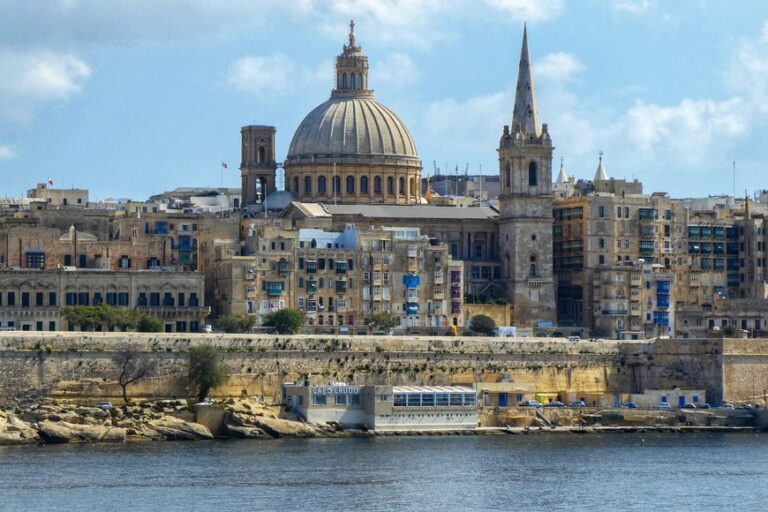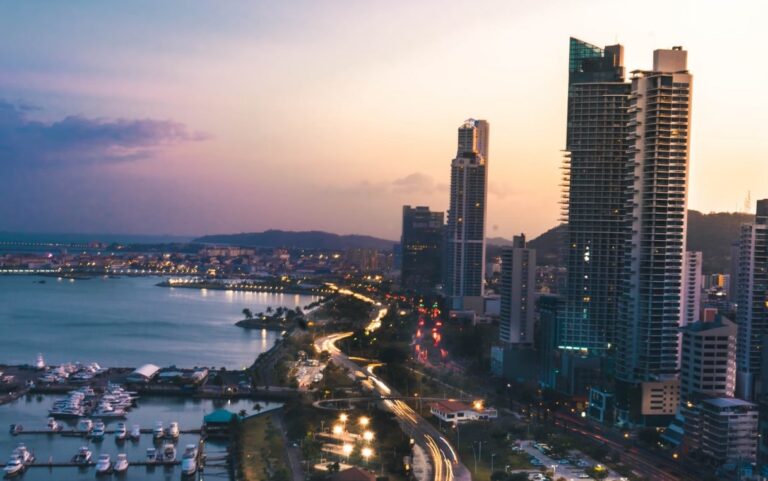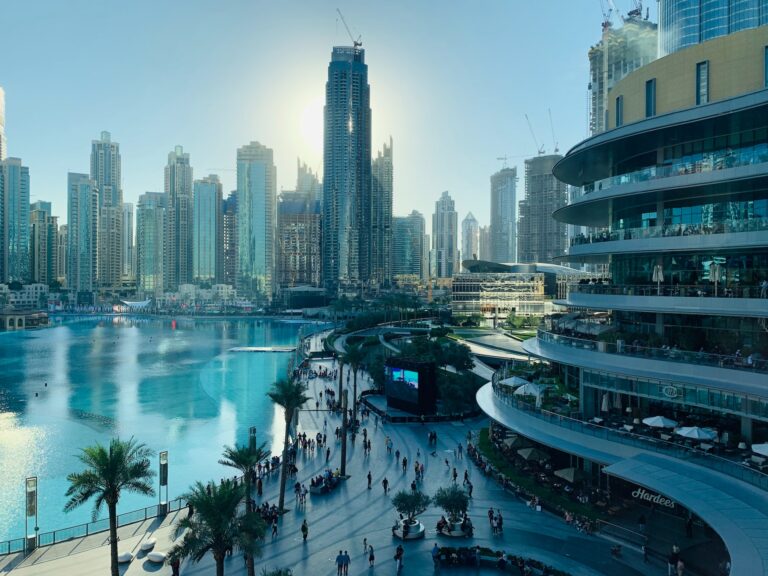The UAE is one of the Gulf’s prominent financial centres known for its tall skyscrapers, its international airport and its zero taxation.
Over the last decade it has attracted thousands of new residents who have decided to relocate there, attracted by the zero direct taxes and the facilities offered by the free trade zones.
At Relocate&Save we have managed many changes of residence and relocations to the United Arab Emirates, where the most sought after destination is undoubtedly Dubai and its free trade zones.
In this guide we will give an overview of what taxes are paid in Dubai and the process of obtaining residency.
Who is Dubai recommended for?
Hundreds of digital nomads, millionaires, sportsmen and investors are taking up residence in Dubai to pay less tax and enjoy a festive and relaxed international atmosphere.
Especially noteworthy is the case of large cryptocurrency owners, as Dubai exempted cryptocurrencies from taxation in its free zones in September 2021.
Dubai is a particularly attractive destination for young people with an international profile because, unlike Andorra or Switzerland, Dubai has a wide range of leisure facilities and an international airport that connects practically everywhere in the world.
New residents generally settle and start their businesses in Dubai’s free trade zones.

What is a “free trade zone”?
It is not widely known, but in most of the United Arab Emirates there are rules limiting foreign investment.
This means that non-national investors cannot hold more than 49% of a company’s shares or acquire ownership.
However, the percentage can be increased to 100% in companies registered in one of the more than 40 free trade zones in the UAE.
The main advantages of the free trade zones are:
- Tax exemptions from 15 to 50 years (renewable).
- No restrictions on foreign ownership.
- No restrictions on repatriation of capital and profits, and exemption from import duties on goods brought into the zones.
- More civil liberties, especially in Dubai (alcohol, clubbing, Tinder).
Thus, these zones have a special tax and regulatory regime, mainly intended to encourage foreign investment.
The best known are Abu Dabhi Global Market (ADGM) and Dubai Multi Commodities Centre. The latter is one of the oldest in the country.
Today we will focus on Dubai and its free trade zones, one of the most cosmopolitan cities in the world in which the Muslim world coexists normally with the customs of foreigners.
It is also an excellent hub to connect with the Asian continent thanks to its network of agreements and good relations with India.
Which free trade zone to choose in Dubai?
The International Free Zone Authority (IFZA) free trade zone is one of the most internationally recognised free trade zones and one of the cheapest in Dubai.
The requirements of the IFZA are also one of the least demanding of all the Emirates.
At the IFZA, you can open a company online, have non-resident directors and open a bank account quickly with the appropiate assistance.
However, from Relocate&Save we would like to point out the risks in the IFZA, where there are low cost advisors that do not meet many of the requirements demanded by the Emirati financial authority.
This can lead to serious problems such as the blocking of bank accounts, which is why we always recommend that you proceed with professionals of reputable experience.
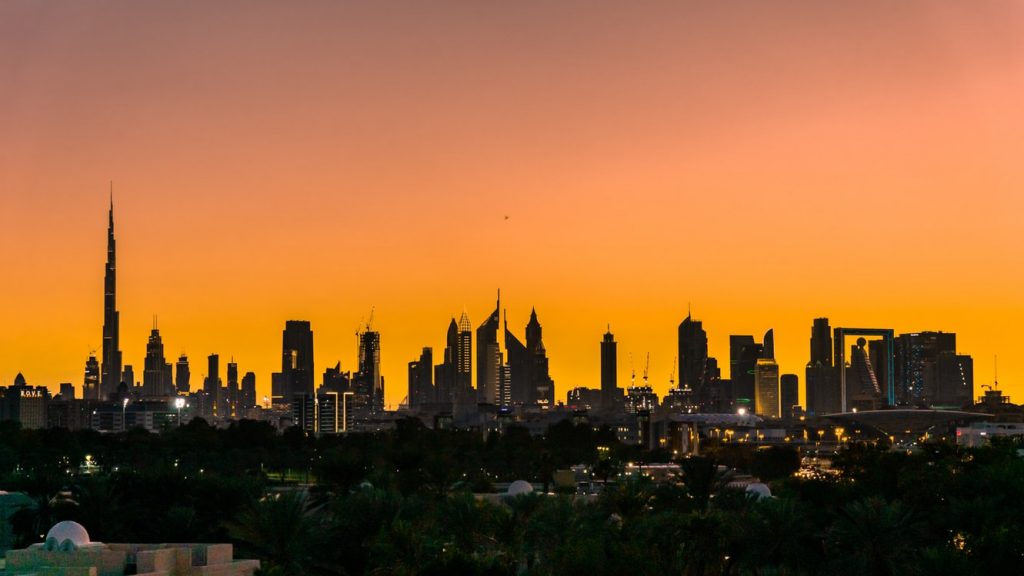
The main attraction of these free trade zones is their openness to foreigners and low or no taxation.
What taxes are paid in Dubai?
Dubai is characterised by the total absence of direct taxes and the presence of a limited indirect tax. However, there is a latent tax system, which we will explain below.
Corporate taxation
Tax is only payable in certain industries in the UAE.
The tax rates are as follows:
- Progressive rate of up to 55% for oil and gas companies.
- Rate up to 20% for foreign bank branches.
- No tax rate of 0% for all other companies and industries.
Thus, corporate tax in Dubai will generally be 0%.
In order to enjoy full tax exemption and to be able to declare to foreign tax authorities that your company is a Dubai company, it is necessary to obtain a tax residency certificate.
Although Emirati law has no articles regarding the tax residency of companies, the Ministry of Finance issues tax residency certificates under certain circumstances.
Generally what they require is that the company must be incorporated under Emirati law, be domiciled in the UAE and have resident directors.

These substance rules imply that the following three economic substance tests must be met:
- The company must be directed and managed in Dubai (board meetings in Dubai);
- The company must demonstrate that core revenue generating activities have been carried out in Dubai;
- The company must have an adequate number of qualified employees in Dubai, have an office (or coworking space) and incur expenses in Dubai.
In this regard, to the question “can I have a company in Dubai so that I do not pay tax and live in another country?”, as long as it does not have an effective address and economic substance in Dubai, the answer is no.
Taxation of individuals
In Dubai there is no personal income tax and no law governing it, therefore an individual residing in Dubai will not be taxed on his personal income.
As there is no law, there is no concept of tax residency, so until recently the UAE Ministry of Finance did not issue tax residency certificates.
This meant that anyone moving there could not prove their tax residency, as the only certificate issued was a certificate of nationality.
Fortunately, the Ministry of Finance now issues tax residency certificates to individuals who can prove that they have resided more than 183 days in Dubai during a tax year.
Other taxes: real estate and VAT
Dubai does levy real estate taxes in the form of a 5% municipal tax on the annual rental value of residential property.
In addition there is an indirect tax or incipient VAT since January 2018 of 5% on some consumable goods.
More tax advantages
Dubai also has no inheritance tax, no gift tax and no wealth tax.
Emirates has signed 88 treaties to avoid double taxation and has signed the Multilateral Instrument, making Dubai a great financial centre from which to coordinate your business.
Given this attractive tax framework, many digital nomads, athletes and HNWIs have decided to relocate to Dubai.
How to get residency in Dubai?
Obtaining a residency in Dubai is quite simple. There are three different ways to reside in Dubai:
- As a worker. You can obtain residency in Dubai if you have the sponsorship of an employer, which is renewed every three years.
- By purchasing real estate. With a minimum investment of $275,000 in Dubai.
- By incorporating a company in a free trade zone in Dubai (the fastest and cheapest way).
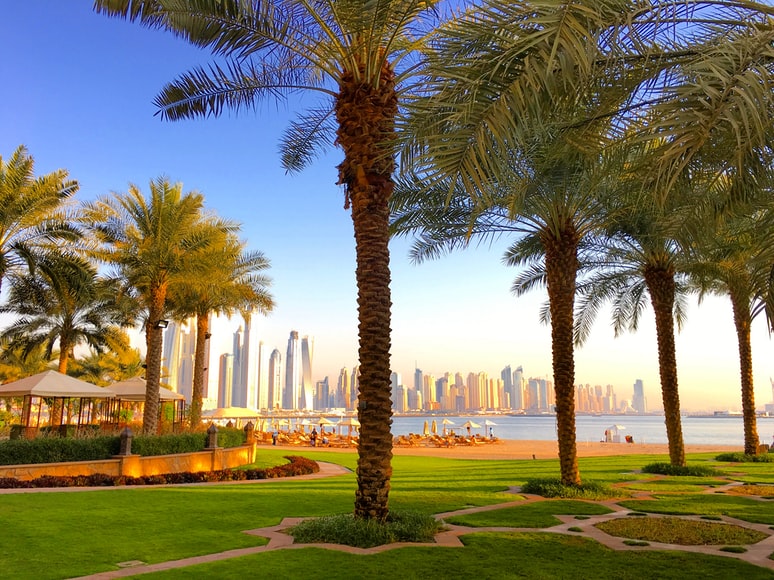
How to take the first step?
At Relocate&Save we have helped entrepreneurs, high net worth individuals, athletes and people from the world of cryptocurrencies to relocate their tax residence to Dubai over the last few years.
In fact, our presence and contacts in Dubai make us an ideal travel partner for this arduous task… So, what are you waiting for to contact us?
If you have any questions and would like us to help you with the process, please write to us at secretary@relocateandsave.com or via the contact form.
If you are interested in changing your tax residence but are not sure which is your ideal destination, we recommend you to download for free and read our updated report “The top three tax destinations right now”, available below.



 All communications are encrypted and will be treated with absolute confidentiality. Your data will never be shared with third parties.
All communications are encrypted and will be treated with absolute confidentiality. Your data will never be shared with third parties. 
